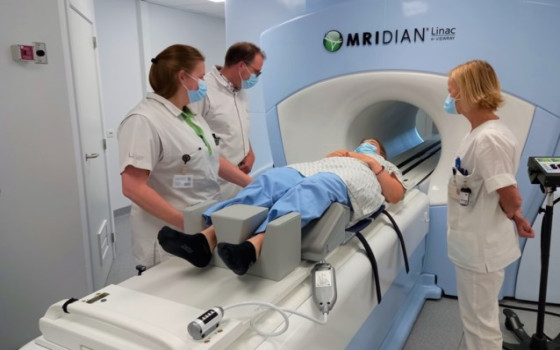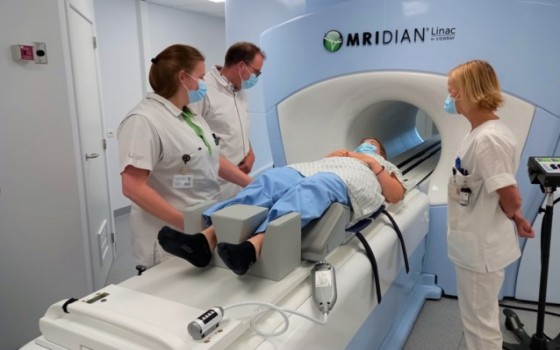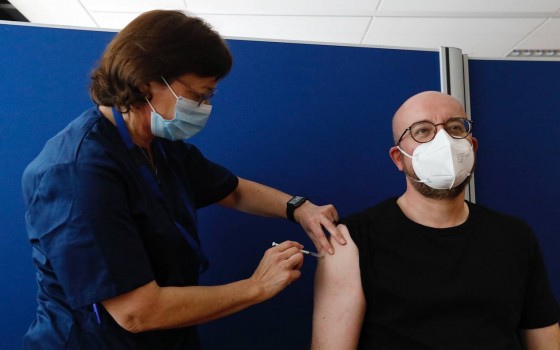
Goodbye to chemotherapy and radiation... A new drug targets cancer cells from within and disrupts tumor growth.

- Europe and Arabs
- Tuesday , 9 September 2025 9:29 AM GMT
Brussels - Charleston: Europe and the Arabs
The drug disrupts a key metabolic pathway by blocking the fumarate molecule, further impairing energy production in cancer cells, making the dual attack effective against tumor growth.
A research team at the Hollings Cancer Center at the University of South Carolina in the United States has discovered a new drug to combat head and neck cancers.
The drug, called LCL768 and still in preclinical studies, works by attacking cancer cells from within by destroying mitochondria, the "powerhouse" within cells, paralyzing the tumor's ability to grow. According to the European news network in Brussels, "Euronews," the drug targets squamous cell carcinoma of the head and neck, an aggressive type that is difficult to control and often recurs after conventional treatment methods, which can damage healthy cells and cause severe side effects. LCL768 relies on a synthetic ceramide compound called C18-ceramide, which increases ceramide levels within mitochondria, stimulating a process called mitophagy, which clears damaged mitochondria. Once mitochondria are destroyed, cancer cells lose their energy source and collapse.
In addition, the drug disrupts a key metabolic pathway by blocking the molecule fumarate, further impairing energy production in cancer cells, creating an effective dual attack against tumor growth.
Dr. Besim Ogretman, Director of Scientific Research at the Hollings Center, emphasized that this approach exposes a fundamental weakness in cancer cells, exploiting their heavy reliance on mitochondria and energy pathways for survival.
The drug was tested in mouse models and tumors cultured from real patients' tissue. The results showed that tumor growth was significantly inhibited, while healthy cells remained largely unaffected, potentially providing a safer alternative to traditional chemotherapy or radiation. Researchers hope that LCL768 will mark the beginning of a new generation of precision therapies that target cancer cells' weaknesses without harming healthy cells, paving the way for future clinical trials to treat tumors resistant to current treatments. The new study offers great hope for patients with difficult-to-treat cancers, confirming that leveraging cancer cells' weaknesses could become a successful future strategy for combating cancer more effectively and safely.












No Comments Found